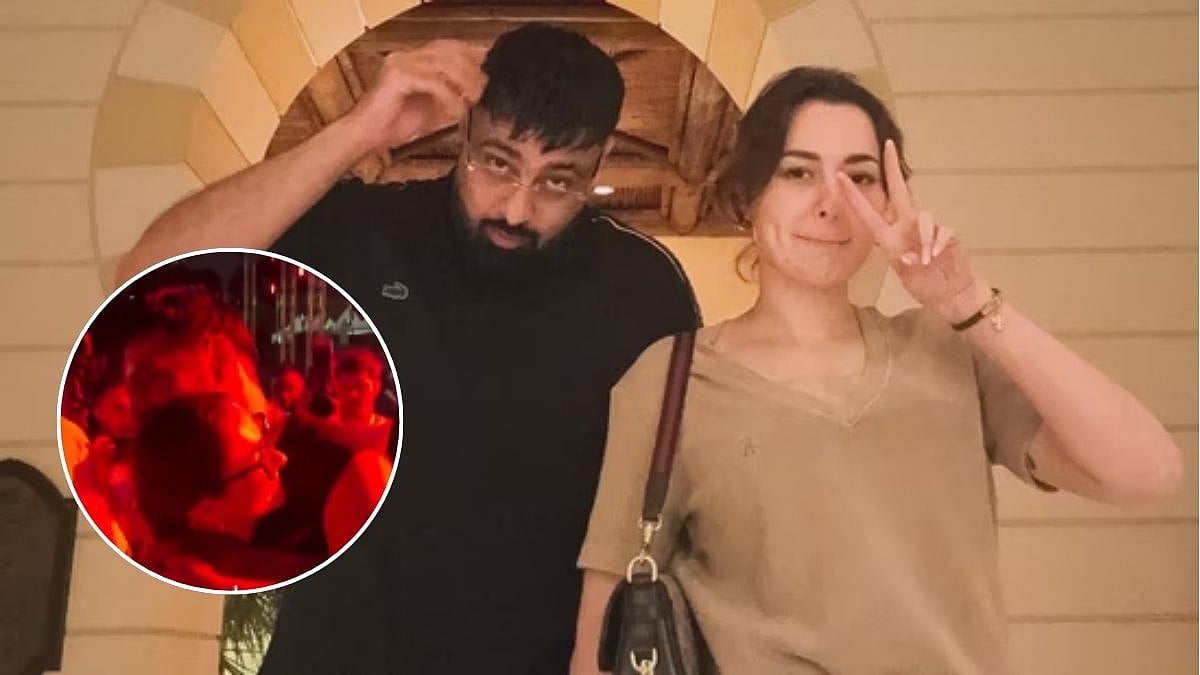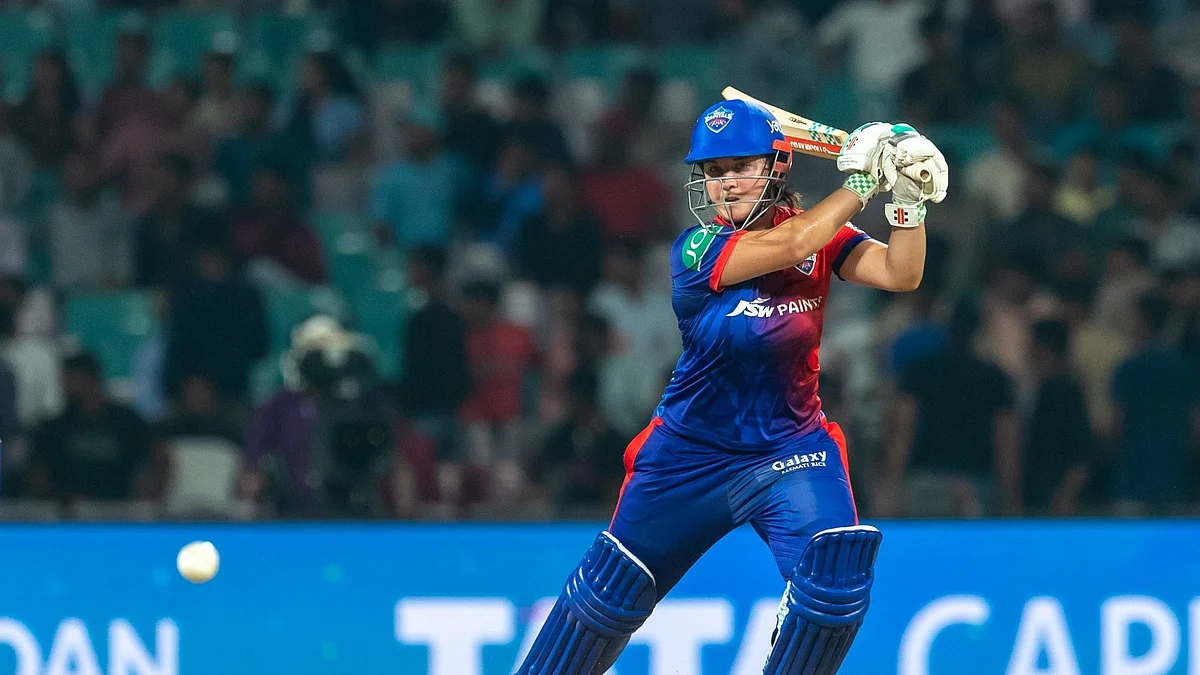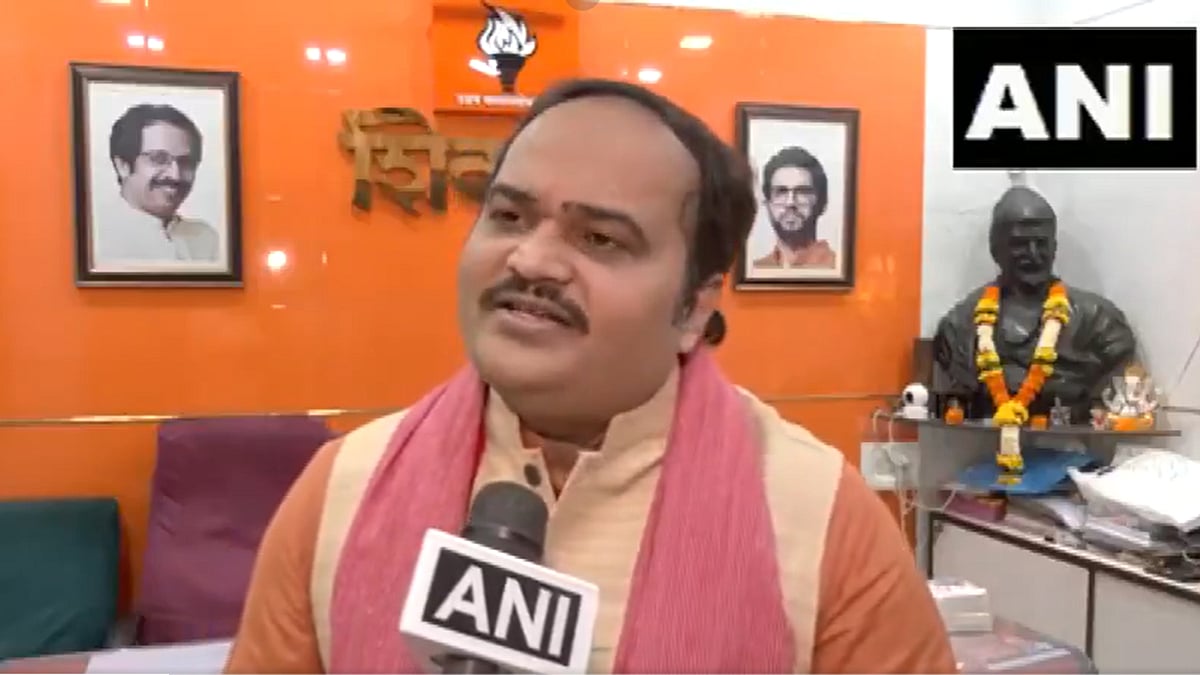Earlier this week, images of Musk’s product management director sleeping in office went viral, amidst reports of employees being told to work 12 hours a day to avoid getting fired. The manager in the image defended the sleep at work policy against Twitter outrage in the name of hard work to build something new. But commitment displayed by employees hasn’t been reciprocated by Musk, who has apparently sacked almost half of Twitter’s workforce for cutting costs.
Shut out without warning
Several Twitter employees woke up to find that they had been remotely logged out of their computers and removed from the firm’s Slack network. Elon Musk defended the shocking mass layoffs by citing a drop in revenue as advertisers pulled out, for which he blamed activists who are allegedly against free speech. While General Motors, Audi, Pfizer and Ford are big names which stopped ads on Twitter since Musk took over, top agency IPG also advised its clients to hold back for a while.
Who’s scaring off advertisers?
Several firms have been apprehensive of changes that Musk would bring to the advertising model on Twitter, while his role as CEO of carmaker Tesla has also raised concerns about conflict of interest. The advertisers weren’t convinced with Musk’s reassurance about making Twitter a digital town square where everyone is welcome, and hence paused ads on the platform.
Value of Musk’s word?
It’s not hard for firms to doubt Musk’s word, since the new Twitter boss was first said to be planning 75 per cent job cuts, but later reassured employees that it won’t be happening. Later there were reports that Musk had threatened to fire people if deadlines weren’t met within the first week of November. Now 3700 people have been abruptly told to not come to work, which isn’t as big as 75 per cent, but has triggered uncertainty.
Market factors at play
Chief marketing officer Leslie Berland, ad boss Sarah Personette, and diversity head Dalana Brand are among top executives who left Twitter since Musk became boss. These exits explain the lack of confidence among advertisers, who are prefering to wait and watch. Apart from this, ad revenues for digital platforms such as YouTube and Meta have also nosedived in the last quarter, sending shockwaves across the market.
Series of unexpected U-turns
Musk has been taking U-turns ever since he first wanted to acquire Twitter for absolute free speech, then wanted to cancel the deal over the need to moderate content from bots. Earlier he claimed that he bought Twitter with bank loans worth rs $13 billion and selling his won Tesla stocks worth $15 billion, just to serve humanity rather than making money. But the way in which thousands of employees were just shut out of Twitter after being made to work overtime to meet deadlines, raises questions about his claims.










